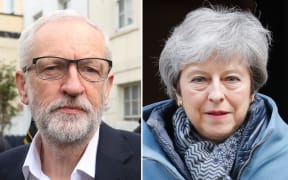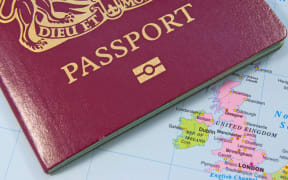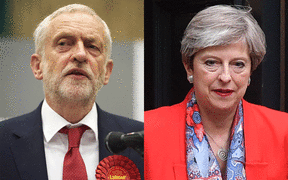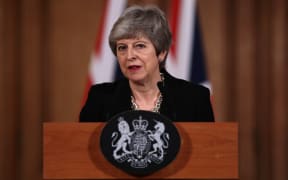European Council president Donald Tusk has suggested offering the UK a "flexible" extension to Brexit of up to a year, with the option of leaving earlier if a deal is ratified.
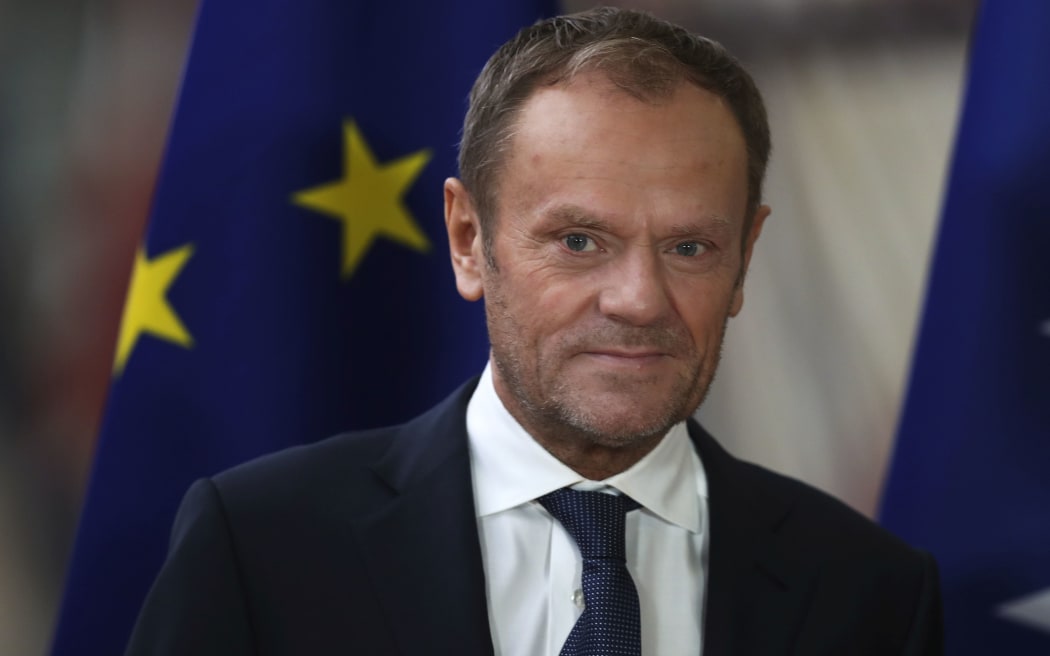
European Council President Donald Tusk Photo: AP / Francisco Seco
He said there was "little reason to believe" a Brexit deal would be approved by the extension deadline UK PM Theresa May has requested - 30 June.
Writing to EU leaders, he said any delay should have conditions attached.
EU states will vote on the extension proposals at a summit on Wednesday.
A draft EU document circulated to diplomats ahead of the emergency summit also proposes an extension but leaves the date of the proposed new deadline blank.
The BBC's Brussels correspondent Adam Fleming said the document referred to an extension lasting "only as long as is necessary and, in any event, no longer than XX.XX.XXXX and ending earlier if the withdrawal agreement is ratified".
The UK is currently due to leave the EU at 23:00 BST on Friday.
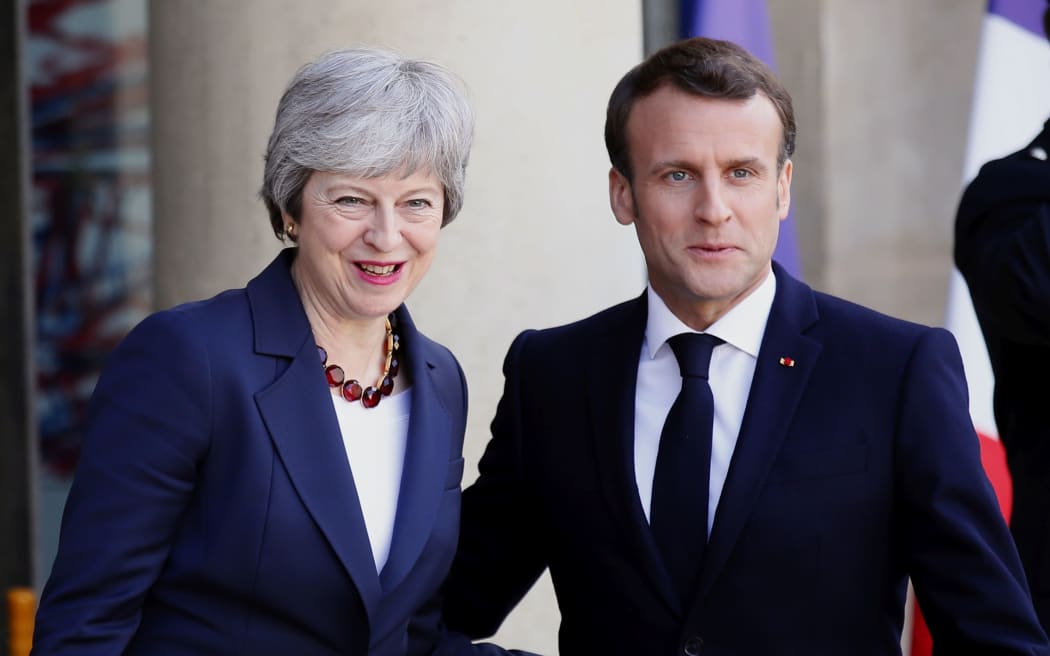
Theresa May and Emmanuel Macron before talks in the Elysee Palace in Paris. Photo: AP
Meanwhile, Mrs May has been meeting French President Emmanuel Macron in Paris and German Chancellor Angela Merkel in Berlin for talks ahead of the summit.
Afterwards, she said a delay that ran until the end of this year or the start of 2020 was a possibility.
Mr Tusk said granting the 30 June extension that Mrs May is seeking "would increase the risk of a rolling series of short extensions and emergency summits, creating new cliff-edge dates".
And if the European Council did not agree on an extension at all, "there would be a risk of an accidental no-deal Brexit", he said.
"One possibility would be a flexible extension, which would last only as long as necessary and no longer than one year, as beyond that date we will need to decide unanimously on some key European projects."
Mr Tusk said the EU would need to agree on a number of conditions to be attached to any proposed extension, including that there would be no re-opening of negotiations on the withdrawal agreement.
He said the UK should be treated "with the highest respect" and "neither side should be allowed to feel humiliated".
Downing Street said Mrs May had discussed the UK's request for an extension of Article 50 - the process by which the UK leaves the EU - until 30 June, with the option to make it shorter if a deal is ratified earlier, with both Ms Merkel and Mr Macron.
The prime minister and Chancellor Merkel agreed on the importance of ensuring Britain's orderly withdrawal, a statement said.
Mrs May and Mr Macron also discussed next month's European Parliamentary elections, with the prime minister saying the government was "working very hard" to avoid the need for the UK to take part as it is supposed to if it is still a member of the EU on 23 May.
Following a meeting of the EU's General Affairs Council in Luxembourg, diplomats said "slightly more than a handful" of member states spoke in favour of delaying Article 50 until 30 June but the majority were in favour of a longer extension.
So far, UK MPs have rejected the withdrawal agreement Mrs May reached with other European leaders last year.
One of most contentious parts of the plan is the Irish backstop - an insurance policy that aims to prevent the reinstatement of a hard border on the island of Ireland.
The EU has continually said it will not re-open the withdrawal agreement for negotiations, but Leader of the Commons Andrea Leadsom has renewed her plea for it to look at it again.
Meanwhile, the latest round of talks between Labour and the Conservatives aimed at breaking the impasse in Parliament have finished for the day with both sides expressing hope there would be progress.
They are hoping to reach compromise changes to the Brexit deal agreed by Mrs May that could be accepted by the Commons, with Labour pushing for the inclusion of a customs union.
That would allow tariff-free trade in goods with the EU but limit the UK from striking its own deals. Leaving the arrangement was a Conservative manifesto commitment.
Environment Secretary Michael Gove said the talks had been "open and constructive" but the sides differed on a "number of areas".
Labour's shadow business secretary Rebecca Long Bailey said they were "hopeful progress will be made".
Further talks will be held on Thursday.
- BBC
